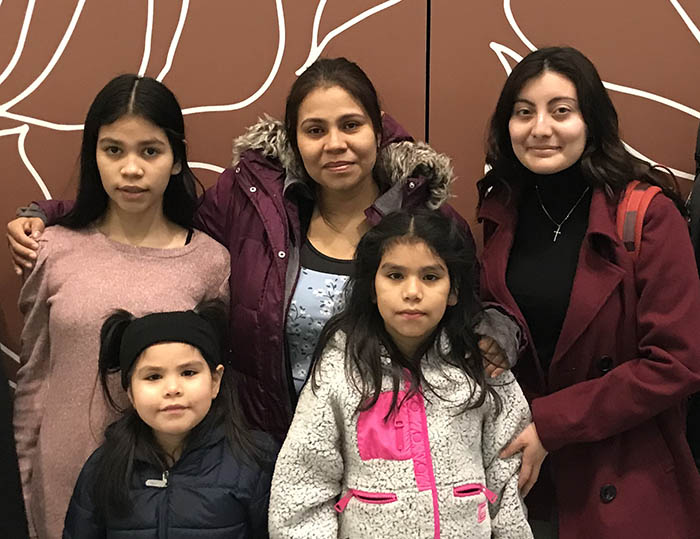On June 16, 2021, Attorney General Garland issued decisions vacating Matter of A-B-, 27 I&N Dec. 316 (A.G. 2018) (A-B- I), Matter of A-B-, 28 I&N Dec. 199 (A.G. 2021) (A-B- II), and Matter of L-E-A-, 27 I&N Dec. 581 (A.G. 2019) (L-E-A- II). These decisions by AG Garland recognize the errors of the A-B- and L-E-A- line of cases and should strengthen the ability of adjudicators to grant asylum to individuals fleeing gender and family-based persecution in particular, and more broadly, to individual fleeing harm by non-state actors.
The Seventh Circuit has long rejected much of the case law underlying the decisions in A-B- and L-E-A-. As a result, while AG Garland’s decisions should make it simpler for adjudicators at the Chicago Asylum Office and Chicago Immigration Court to grant asylum to individuals fleeing gender and family-based persecution, they do not dramatically change the way attorneys in the Seventh Circuit should be presenting gender and family-based asylum claims before these agencies. In the coming weeks, NIJC anticipates having updated template briefs available for NIJC pro bono attorneys representing asylum seekers with gender and family-based claims that reflect this shift in asylum law at the Board of Immigration Appeals. NIJC pro bono attorneys representing clients with these claims who have upcoming merits hearings should reach out to their NIJC point-of-contact for further guidance.
For NIJC pro bono attorneys with cases pending at the Board of Immigration Appeals where asylum was denied, in part, based on A-B- I; A-B- II- or L-E-A- II, NIJC anticipates having specific guidance, template supplemental briefing, and template motions for remand available soon. Please reach out to your NIJC point-of-contact if you have questions in the interim.
The prior administration took numerous steps to limit the ability of asylum seekers to obtain protection in the United States, but frequently, asylum seekers from Central America bore the brunt of the prior administration’s attacks. Notwithstanding this anti-asylum environment, NIJC, our pro bono network, and the Central American asylum seekers with whom we work were able to maintain a greater than 90% success rate for Central American asylum seekers during the past four years. Although significant work remains, we remain hopeful that under the current administration, the number of individuals obtaining protection will increase.

